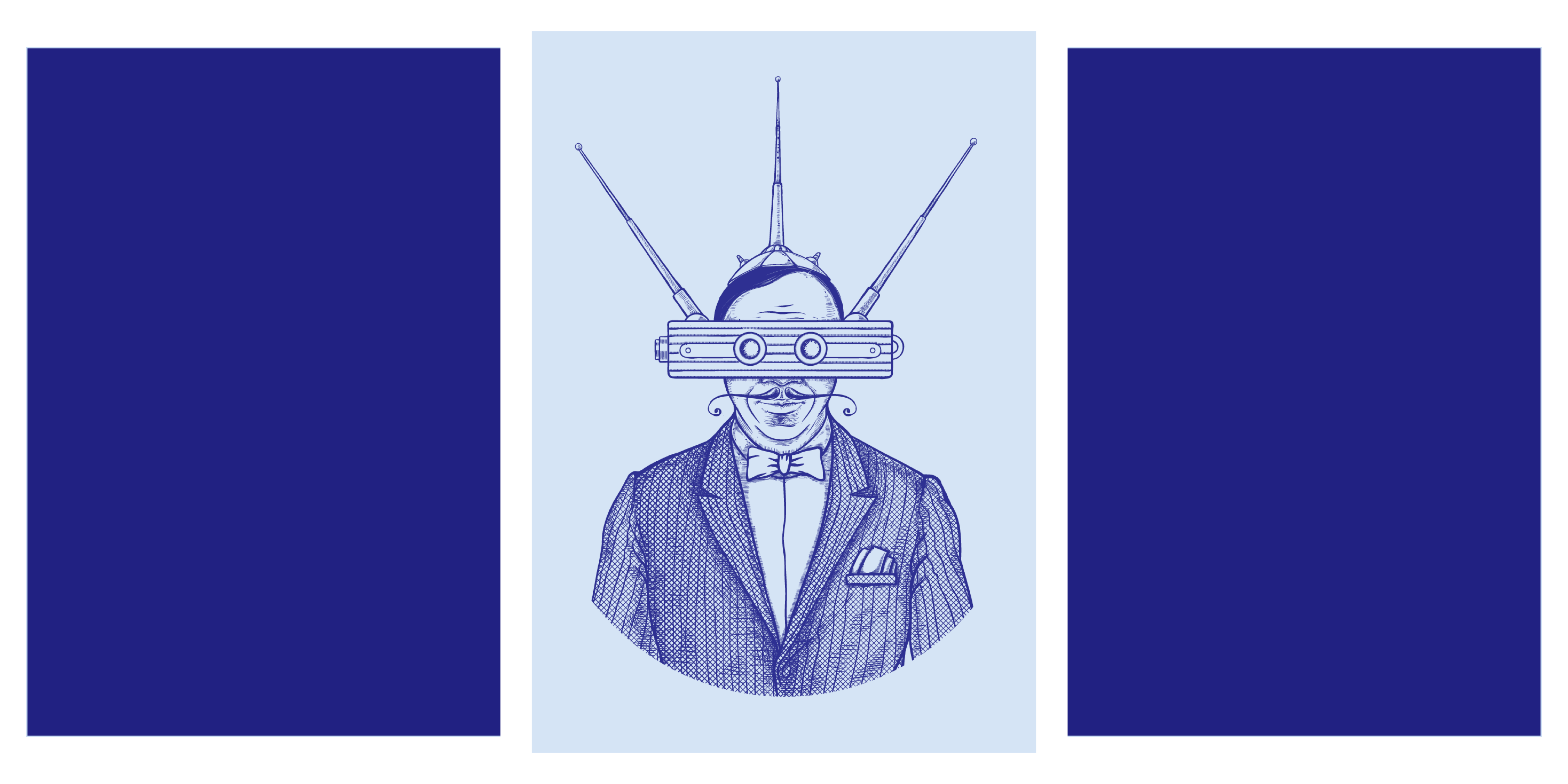
Post Citizenship. Today’s landscape of megacities, hyper mobility and digital economies is driving the move to ‘global citizenship’. As experts have noted, the adage that “geography is destiny” is giving way to the idea that “connectivity is destiny.” In this new world, nationality and citizenship no longer determine economic and social success.
Digital Values. Traditionally, values have been created and passed along through families, communities and associations. However, the rise of the Internet is changing the way values are formed, disseminated and adopted, and the landscape of the digital environment is even fostering new ideals that may or may not translate to the physical world.
Digital Identities. Beyond the entirety of an individual’s online activity, a digital identity is a set of attributes used by computing systems to represent and authenticate any person, organization, application or device. In other words, your digital identity is your online avatar. Many are suggesting that we will soon need to make sure that everyone is given a digital identity at birth in order to protect our information, participate in economic systems, or live in the increasingly ubiquitous world of the Internet.
Robotic Relationships. Beyond the popular conversations that envision these machines as our teachers, caregivers and even sexual partners, robots are now being leveraged to socially engineer dormant emotions and values in their carbon-based creators. Many educational and organizational researchers are finding that increased relationships with robots enhances the human tendency and capacity toward creative collaboration.
The Datification of Nature. Unmanned aerial vehicles (UAVs), better known as drones, are already reshaping the way we see the world. As scientists use UAVs to gather data on the Earth in order to better understand the forces of nature, we’re seeing a shift in the way that we interpret the world around us through the eyes of drones. The ‘datafication’ of nature could lead to an ‘Internet of Nature’, leading to vast disruptions in agriculture, sustainability, and the way we live on our planet.
Networked Matter. The ever-growing network of cars, buildings, clothing — and every other physical object you can imagine — will be connected and speaking to one another through the use of sensors, software and smart technology.
Brain-to-Computer Interface. The direct communication between an enhanced or augmented human brain and any external computational device, including the use of information technology, neuroprosthetics, cybernetics, and genetic engineering.
Genetic Modification. Long before gene-editing kits became a common feature in the kitchens of citizen scientists, governments and innovation labs across the globe began to wrestle with the advancements of crop manipulation, designer babies and artificial wombs. There are ethical questions to answer, but the impact of bioengineering will be undeniable.
Intelligence Amplification. Some of the most brilliant scientists and technologists have warned us about the dangers that Artificial Intelligence poses to humanity, but a few are beginning to espouse a world where humans and machines converge to enhance the mind and body.
Digital Immortality. The age-old idea of immortality is getting a 21st century reboot with digital platforms and new technologies allowing us to live forever in a cyber sense. The implications to social norms and often lagging regulations will be significant as our notions of humanity are challenged when death can be cheated with a software update. 
Frank Spencer IV is the Founder & Creative Director of Kedge, a global foresight, innovation and strategic design firm that empowers companies to pull the future into their organization. Yvette Montero Salvatico is Managing Director of Kedge. Their clients have included NASA, Charles Schwab, LEGO, Kraft, Marriott, Mars and The Walt Disney Company.
Further Reading:
This article appeared in the Winter 2019 issue. Published by the University of Toronto’s Rotman School of Management, Rotman Management explores themes of interest to leaders, innovators and entrepreneurs.
Share this article: